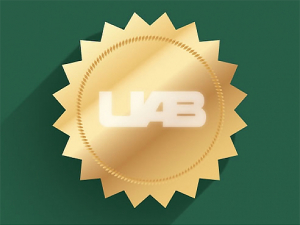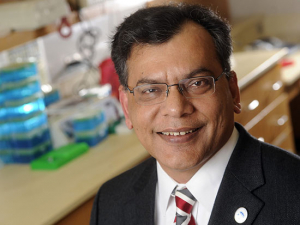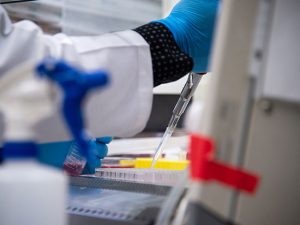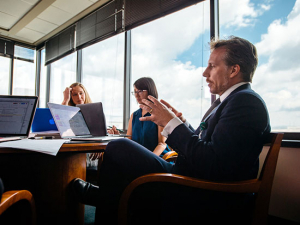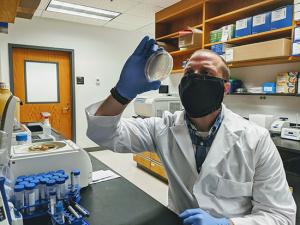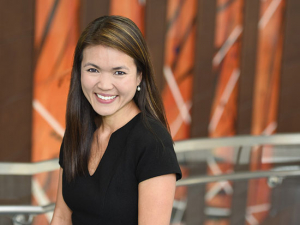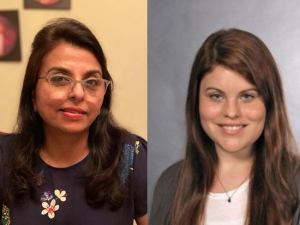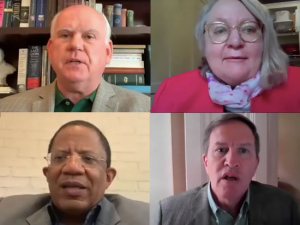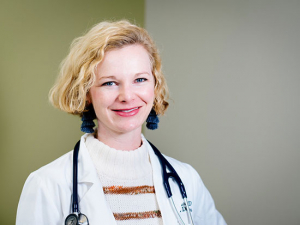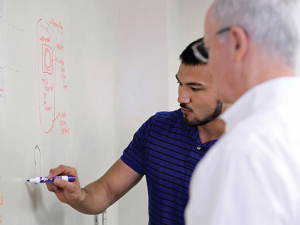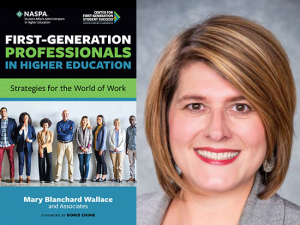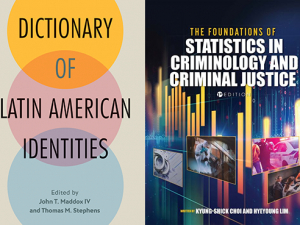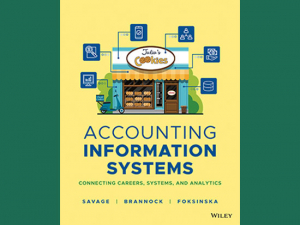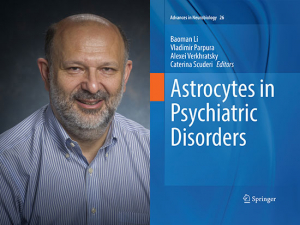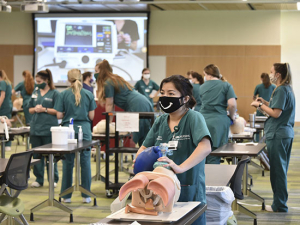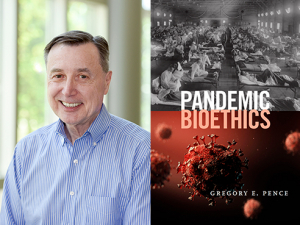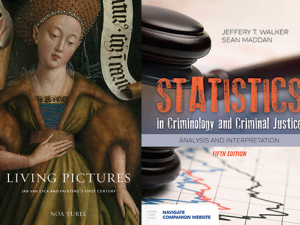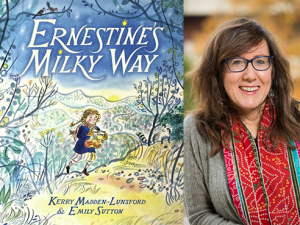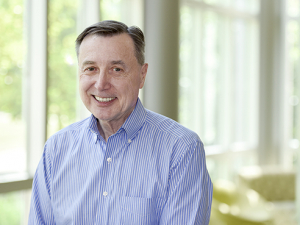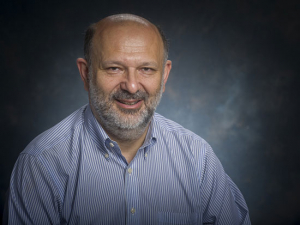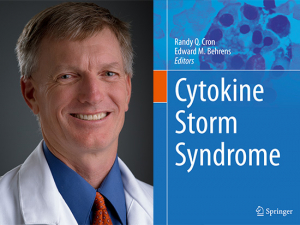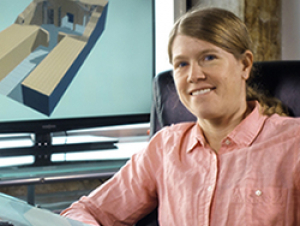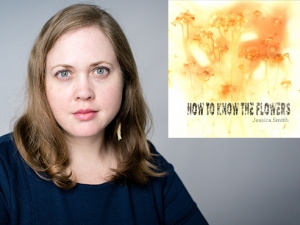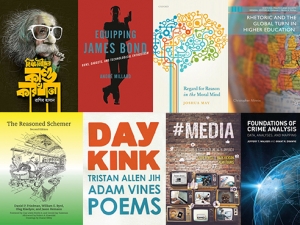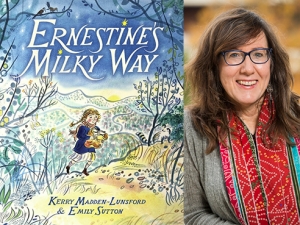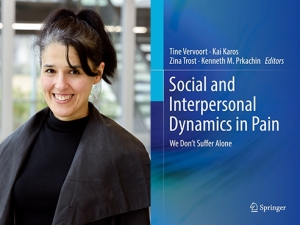
Matt Windsor
| This email address is being protected from spambots. You need JavaScript enabled to view it.4 degrees granted final approval by Board of Trustees
Neuroengineering doctorate, master’s degrees in higher ed administration and interdisciplinary studies move forward.
Hijacked mitochondria could induce COVID-19, study says
In a new paper, Keshav Singh, Ph.D., outlines the case for the “powerhouse of the cell” as a hideout and unwitting ally for SARS-CoV-2.
‘Mentally a complete game changer’: Returning researchers explain how they reopened their labs
Three of the first scientists to return to campus in Phase I — plus the leader of a group that never left — share their emotions, lessons learned and 7 tips for organizing your unit’s re-entry.
Researchers from UAB’s Precision Medicine Institute have used AI to identify hundreds of potential treatments, which are now being tested through the COVID-19 research fund that the institute helped launch.
New microbiology faculty member Nicholas Lennemann is transforming the fluorescent virus assay he developed into a new tool against coronavirus in work supported through UAB’s urgent COVID-19 research fund.
Some simple strategies — including micro-routines, mask desensitization and compassion — can help parents and the community ease anxieties in this frightening time.
Bioreactors built to offer new insights on lung cancer are being adapted to study coronavirus infection and test new treatments in this project supported through UAB’s urgent COVID-19 research fund.
'We're all in this together' — questions and answers from virtual town hall on UAB's re-entry plan
Do we need to wear masks? (Yes.) When will I know which phase I’m in? What is UAB Healthcheck? Read answers to these and other questions posed during the May 22 re-entry town hall along with more than 70 other questions that couldn’t be answered live due to time constraints.
Assistant Professor Ellen Eaton, M.D., an infectious diseases specialist, is leading the Jefferson County health department’s effort to reach special populations.
An online platform gives UAB innovators a chance to find creative solutions to front-line challenges. Anyone can post a clinical problem — or volunteer to help solve one.
